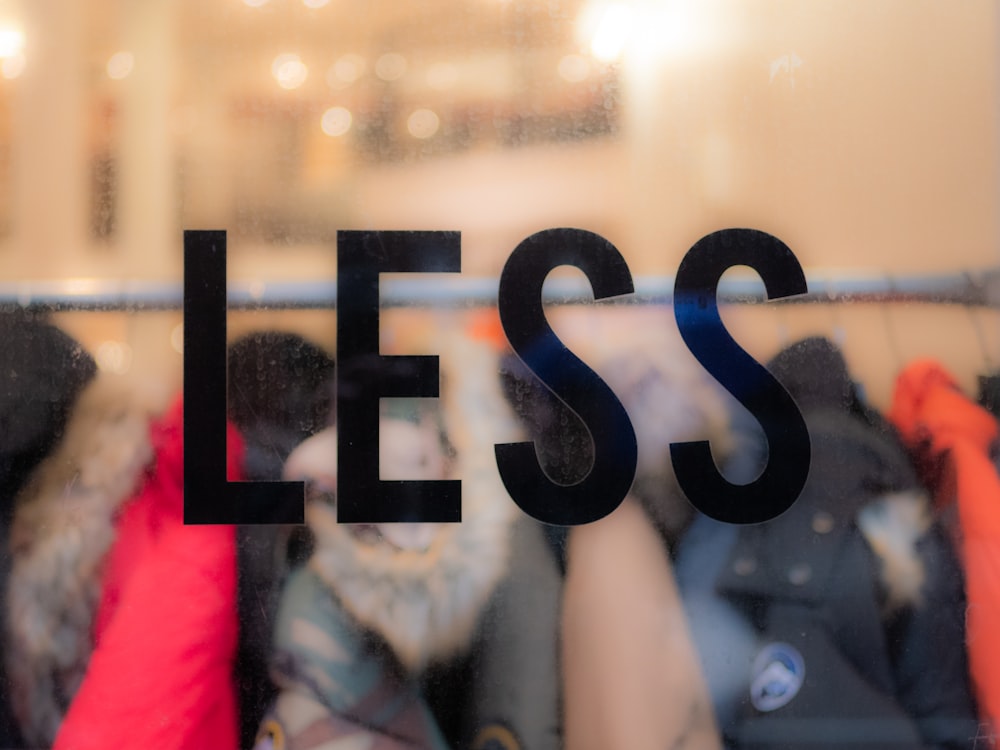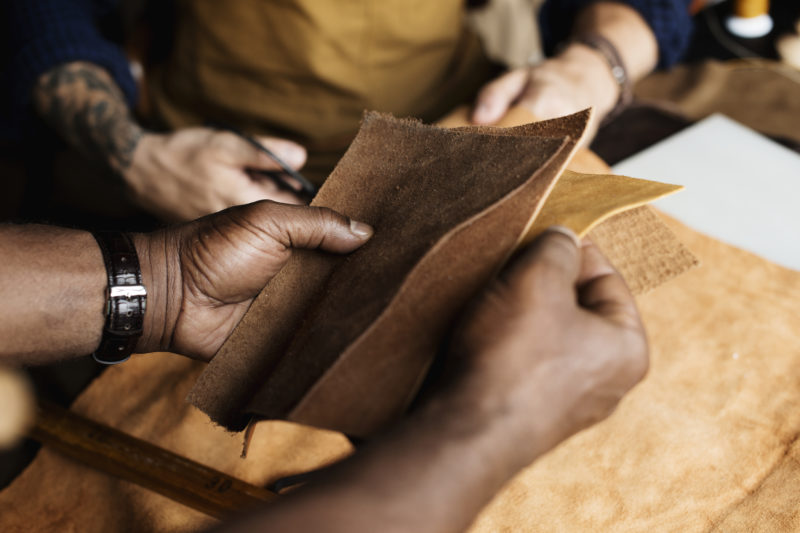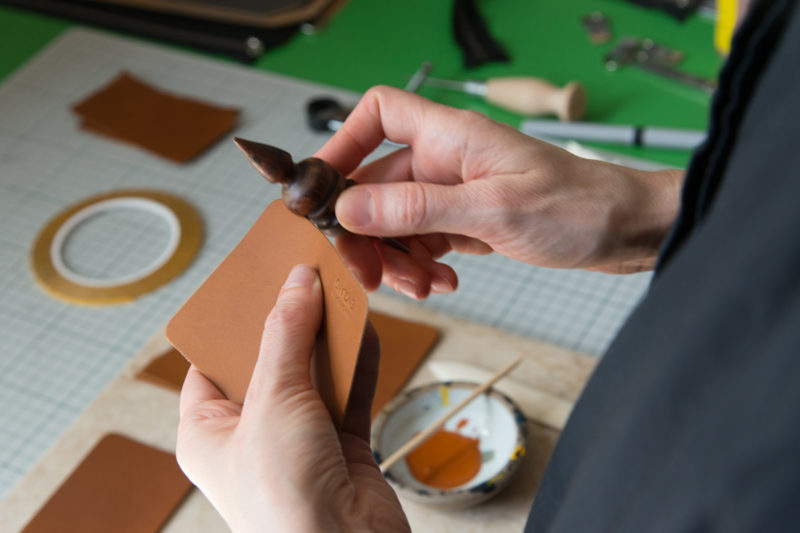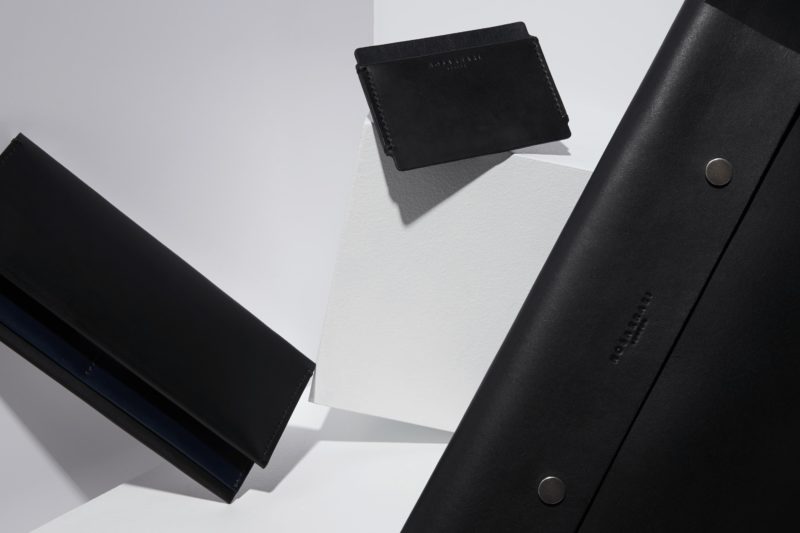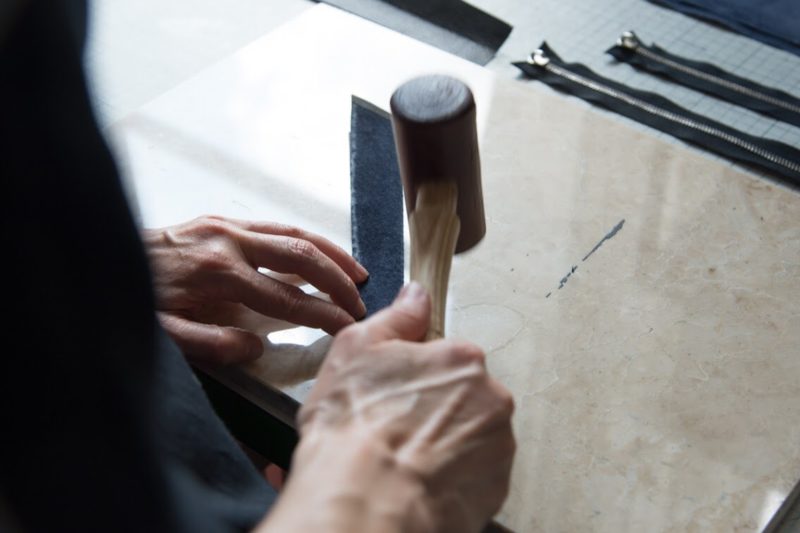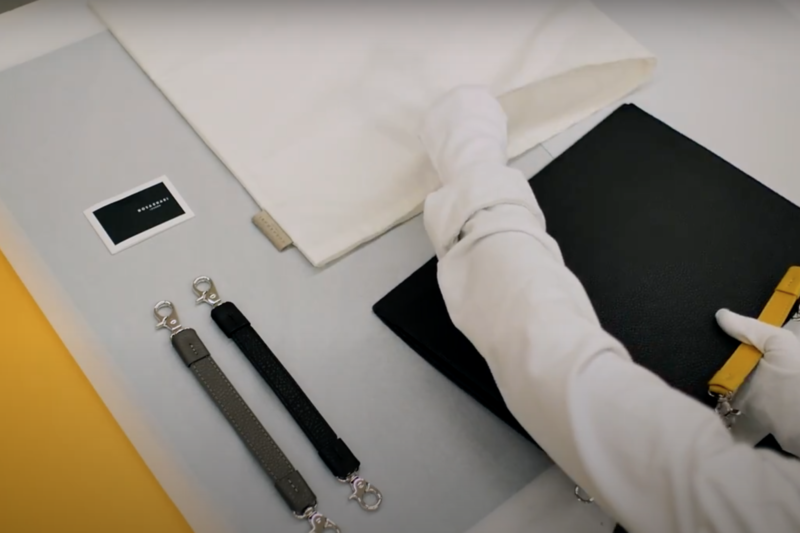Ethical Brands vs Fast Fashion Of Leather Accessories In 2021
Ethical fashion has been making quite a buzz in the fashion industry. But you see, the very root of ethos is subjective, due to which there’s a lack of clarity not only among consumers but also in the leathercrafting industry.
How do you measure ethics? What is moral? Answers to these are complex, to say the least.
Despite the differences, we can all agree that ethics guide us towards being better —but what does the term mean in the fashion industry? This article attempts to provide you with a comprehensive account of ethical fashion vs fast fashion. And how we, as consumers, can help brands become ethical leather brands by stimulating transparency in their manufacturing processes.
What is Ethical Fashion?
In its simplest form, ethical fashion involves design, manufacture and distribution methods that pivot around trying to reduce the negative impacts on humans and the ecosystem. Therefore, it’s mainly concerned with the social impact that the brand creates for its consumers. Ethical leather brands in the UK follow these ideals to create benefits for all the supply chain stakeholders rather than for people at the helm.
Ethical fashion is essentially developed as a response to prevalent (and some miserable) conditions in the fast fashion industry- underpaid employees, questionable employee exploitation, environment damaging activities and unsafe production conditions.
According to a report by WWD, consumers spent more than seven billion hours online, searching for “sustainable,” “ethical,” and “eco-friendly” items in 2020. This is indicative of how people are becoming more conscious about consumption patterns. Brands like Beaufort, The London Leather Workshop and CreateLab passionately promote ethical leathercrafting. CreateLab, in particular, aims to deliver you an unparalleled quality of leather products in the UK. From leather sourcing to manufacturing, we strive for sheer excellence.
What is Fast Fashion?
Fast fashion is a design, production and distribution method solely focused on high volumes of products. Trend replication and using low-quality materials to create defective products to meet the growing demand is not the rarest scenario in fast fashion.
Despite being able to create profits for businesses and cashing in on the growing demand, fast fashion, unfortunately, results in harmful impacts on the environment as well as on the employees.
The Rise Of Fast Fashion
According to a Fast Company report, the fast fashion industry is growing, with the apparel companies expected to reach an annual production of 160 million tonnes by 2050.
Until the mid-twentieth century, the fashion industry pivoted around trends based on the four seasons during a year. This would allow designers to work in advance for each season, predicting the customers’ styles. This would also enable the products to be crafted with care rather than their production being rushed through.
However, the trends of today are significantly different from yesteryears. Today’s fashion brands produce about 52 “micro-seasons” a year—or one new “collection” every week. It has become customary for stores to have huge inventories so that brands don’t worry about running out of stock at any time.
Ethical Brands vs Fast Fashion leather Brands
The debate on whether brands should follow an ethical fashion ideology or fast fashion to cater to the growing demands has seen moral lines blurring. While businesses advocate for more social impact by following ethical fashion, fast fashion is often the key to higher profitability and cash flow metrics. Let us look at the impacts both these ideologies have in terms of various factors listed below.
Environmental Impact
Almost all elements of the fast-fashion supply chain are detrimental to the people involved and the planet at large. From trend replication, low-quality production to competitive pricing, in an overall sense, fast-fashion simply meets number targets without considering the adverse impact it has on its stakeholders. Fast-fashion brands use toxic chemicals, dangerous dyes, and synthetic fabrics that seep into water supplies and pollute the waters in the UK. The products- full of lead, pesticides, and countless other chemicals—rarely break down and adversely impact the ecosystem they are introduced to.
The carbon footprint of fast-fashion brands is no lesser than air and oil industries – enormous in contributing to global warming. Harmful chemicals such as benzothiazole, which have been linked to several types of cancer and respiratory illnesses, have been found in fast-fashion apparel. Ethical leather brands in the UK, follow ideals that minimise negative social impact and create benefits for all the supply chain stakeholders. Emphasis is given to developing processes that reduce carbon emission and improve employees’ working conditions in manufacturing plants.
Quality of the Product
With an increased production rate that’s part and parcel of the fast-fashion industry, its quality is severely compromised. Leather products are made in a rushed manner, and brands often resort to selling low-quality merchandise. There simply isn’t time for quality control which is why these products tend to wear out more quickly as compared to handmade leather products.
On the other hand, ethical leather accessory brands ensure the utmost quality while manufacturing their products despite the increase in both capital costs and human labour. These leather products are symbolic of durability and longevity and are therefore expensive to compensate for the additional resources invested in producing them.
Consumer Experience
By replicating streetwear and prevalent fashion, fast fashion stays in trend. They can quickly dispose of their collection and create a new collection based on what’s appreciated by the consumer. However, in the process, while the brands earn millions of dollars by selling products cheaply, the leathercrafting artisans often are underpaid. On the other hand, ethical leather accessory brands in the UK pay a lot of attention to the minute details of the supply chain and promote high levels of wages for leather craftsmen at all levels. In terms of consumer experience, these brands strive to maintain the product’s utmost quality and longevity.
CreateLab is one such ethical fashion leather brand based in the UK that was founded to deliver you an unparalleled quality of leather products. From leather sourcing to manufacturing, we strive for sheer excellence. Extending our years of knowledge into creating leather products, we provide a full range of bags, briefcases, wallets and much more. Thus, we strive to provide you with a one-stop solution for your leathercrafting needs while maintaining the highest quality standards.
With our society becoming obsessed with consumerism patterns, it becomes hard for businesses to change their practices. While fast fashion provides a quick route to profitability in a competitive market, it’s not sustainable. On the other hand, ethical leather goods brands follow a more steady approach; success is achieved only after establishing credibility amongst consumers.
So if you’re a leathercrafting enthusiast looking to start your own entrepreneurial venture, make sure to have a clear business plan in mind – one that makes you and your world better.
Whether you’re a small business or a hobbyist, you can contact CreateLab by booking an appointment, and we will get back to you with services that align with your goals. We understand your pursuit of excellent craftsmanship, which is why we work tirelessly so that you can enjoy the luxuries of authentic handmade leather accessories. Visit our website and experience custom made ethical leather design at its finest.
RELATED ARTICLES
A GUIDE TO LEATHER GRADES
FIVE TIPS ON RECOGNISING GENUINE LEATHER FROM FAKE LEATHER
WHY LEATHER MANUFACTURERS CARE WHEN SOURCING THEIR GOODS
A BRIEF HISTORY OF LONDON’S LEATHER INDUSTRY AND WHAT WE HAVE LEARNT FROM IT
LUXURIOUS LEATHER CHECKLIST: WHAT TO KNOW BEFORE YOU BUY
7 PLACES TO FIND QUALITY GENUINE LEATHER IN LONDON
8 BENEFITS OF MANUFACTURING YOUR LEATHER GOODS LOCALLY
HOW TO STORE YOUR LEATHER GOODS
